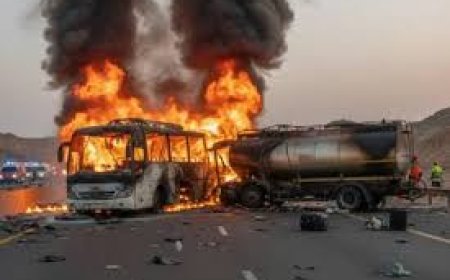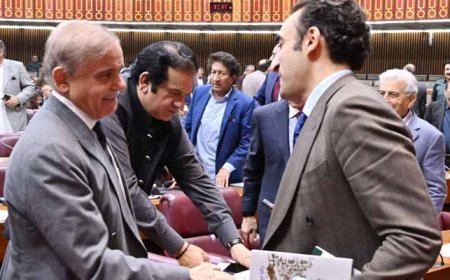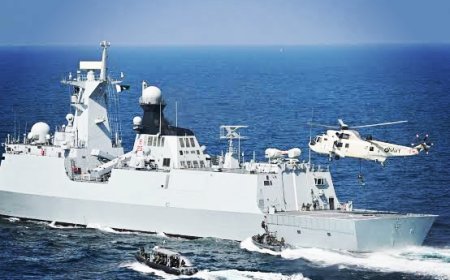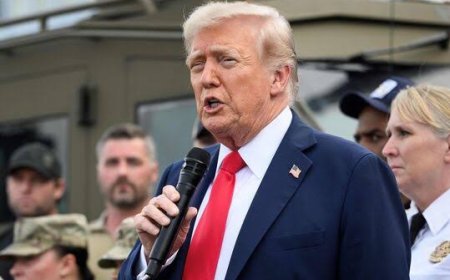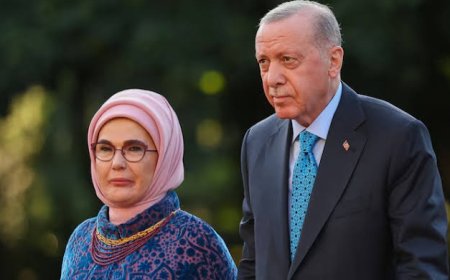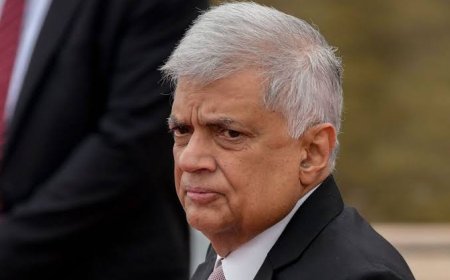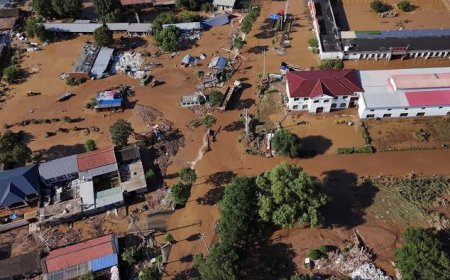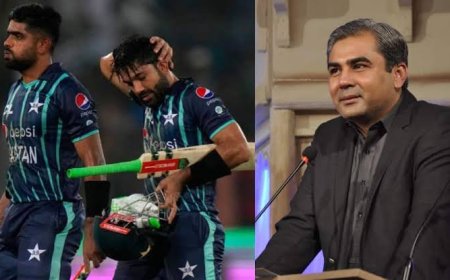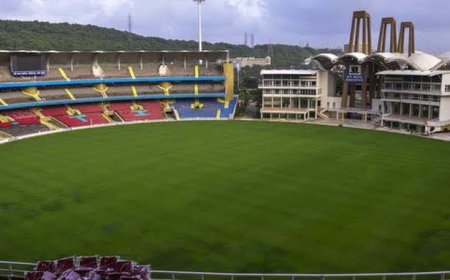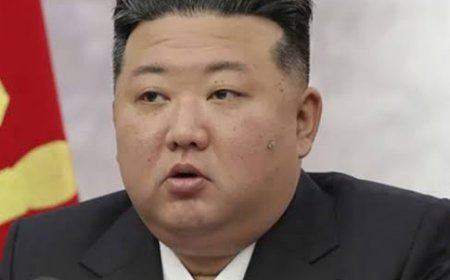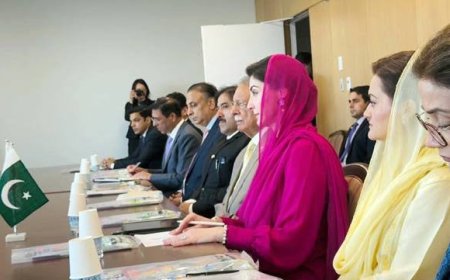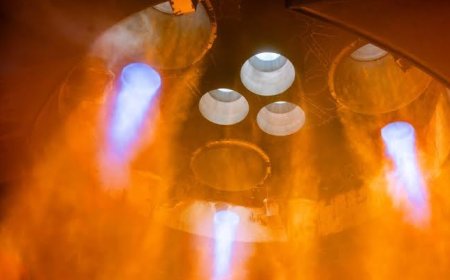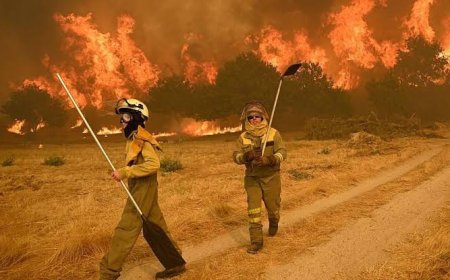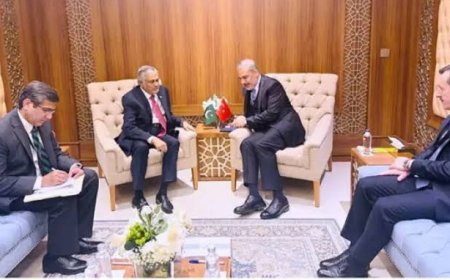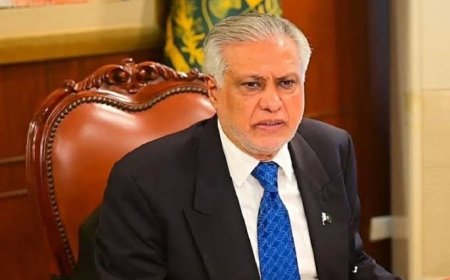The prime minister blames the Kabul-Delhi alliance for the increase in terrorist attacks
Referring to an earlier statement in which he blamed the “Khawari Fitna” and claimed that “traces of Afghanistan are also visible” alongside Indian involvement, the prime minister noted that while India denied the accusations, the evidence suggests otherwise.
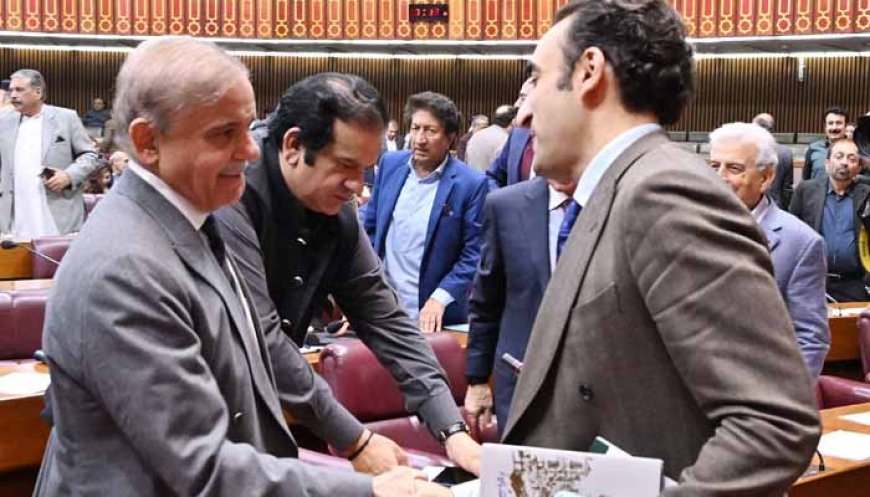
ISLAMABAD: Prime Minister Shehbaz Sharif on Wednesday accused Afghanistan and India of involvement in recent terrorist attacks, vowing a “strong response” to the nation’s enemies following a suicide bombing in the capital and an attempted attack that he said was reminiscent of the 2014 Army Public School (APS) massacre.
“It is no longer a secret that there is an external hand behind the attacks in Pakistan,” Prime Minister Shehbaz declared during his address to the National Assembly after the passage of the controversial 27th Constitutional Amendment.
He also condemned what he called a “vile” terrorist attempt to carry out an attack in Wana, South Waziristan.
“It could have been an attack worse than the APS massacre if the armed forces hadn’t prevented it,” the prime minister stated, revealing that one of the terrorists killed by security forces in the operation was identified as an Afghan national.
“These Kharijites, among whom Afghans were sadly also involved, were sent to hell, and all the cadets, students, and teachers were rescued safe and sound,” the prime minister declared.
“I don’t need to elaborate much. We presented the entire world with evidence that the TTP and the BLA operated from Afghanistan and maintained contact with terrorists there, as well as with their sympathizers in India, thus proving that the terrorists who hijacked the Jaffer Express train in Balochistan operated from there and maintained contact with terrorists in India,” he stated.
“I want to tell these terrorist elements and enemies of Pakistan with great satisfaction and firmness that we are fully aware of their actions and that we have already given them a strong response in the past, and we will do so again,” he declared.
The Prime Minister also detailed Pakistan’s diplomatic efforts with the Taliban government of Afghanistan, particularly regarding the negotiations held in Turkey.
He stated that Pakistan has had only one demand for the past two years: that the Afghan Taliban control the terrorist groups operating from their territory and carrying out attacks in Pakistan.
Reiterating his offer of dialogue, Prime Minister Shehbaz urged the Afghan Taliban regime to stop making “false promises” and to decisively combat militant groups. He made a direct reference to the coincidence between the recent cross-border attack and the Taliban government’s diplomatic activities.
“When Pakistan was recently attacked from Afghanistan, the Afghan Foreign Minister, Amir Khan Muttaqi, was in Delhi,” he concluded. “For 40 years, we gave refuge to Afghan refugees and did not treat them as strangers. But today, after 40 years of our hospitality, they [the Afghans] have repaid us with this contribution.”
In a lengthy speech, the prime minister also addressed other issues, including the military performance in the May conflict with India and the subsequent diplomatic efforts, which he claimed left India and Prime Minister Narendra Modi “powerless.”
He credited this performance with raising the country’s reputation and prestige in the international community, linking it to national support for the army chief’s promotion to field marshal.
Later, speaking to reporters in a parliament corridor, Defense Minister Khawaja Asif confirmed the identity of Tuesday’s suicide bomber. “We have identified the suicide bomber. He was Afghan,” he said, adding that the incident claimed 12 lives and left several people in critical condition.
At a separate event in Islamabad, Deputy Prime Minister and Foreign Minister Senator Mohammad Ishaq Dar reiterated the government’s firm stance against terrorism, stating that it “recognizes no religion, race, or borders.”
In his address to the Inter-Parliamentary Conference of Speakers of Houses (ISC), Mr. Dar condemned the recent attacks in Wana and Islamabad, which he said claimed 15 lives, and expressed his deepest condolences to the families of the victims. He emphasized that such acts cannot weaken the country's resolve and, on the contrary, "strengthen the nation's commitment to dialogue, understanding, and cooperation as the only sustainable paths to peace and security."
What's Your Reaction?







